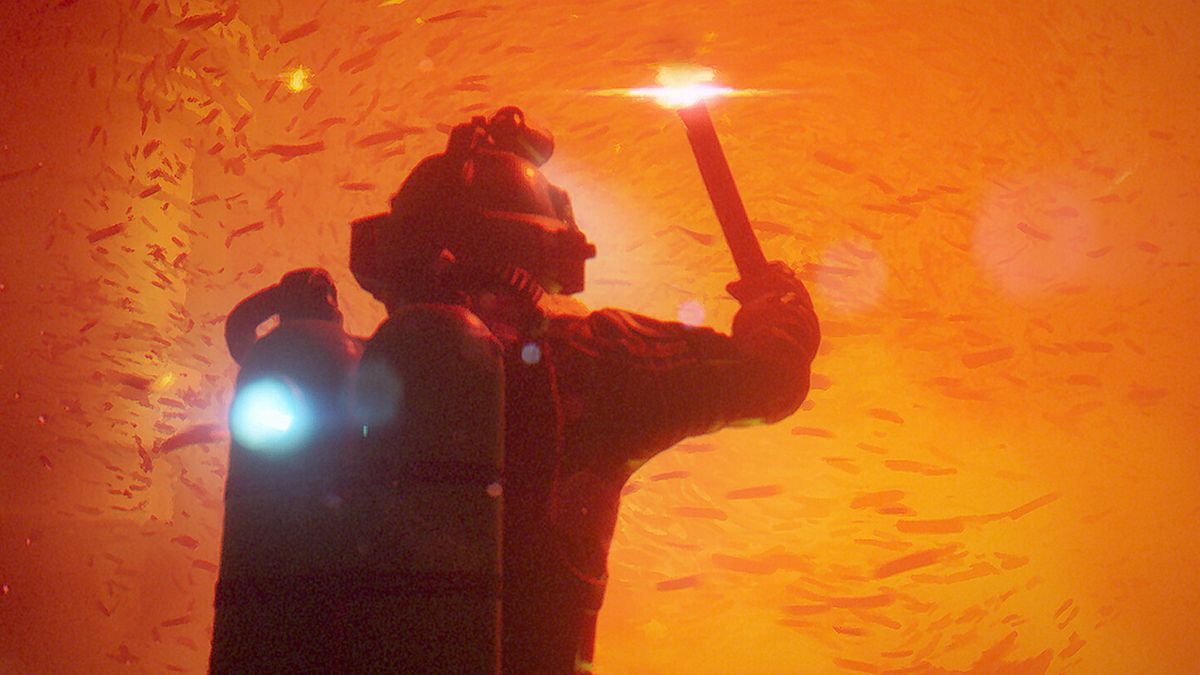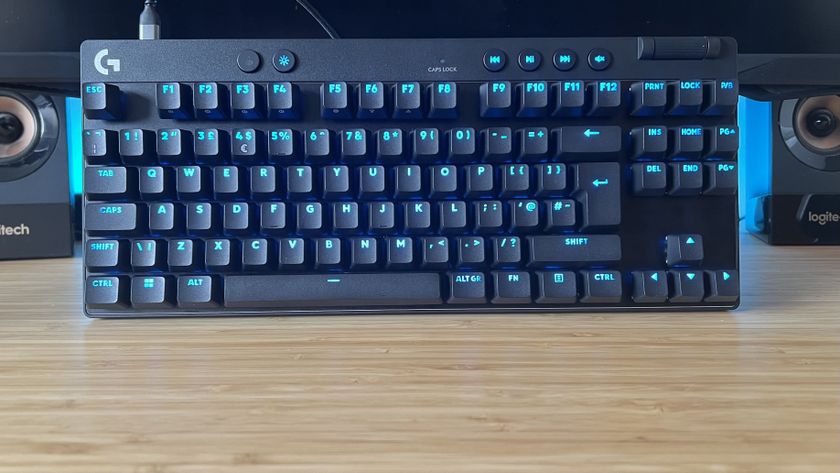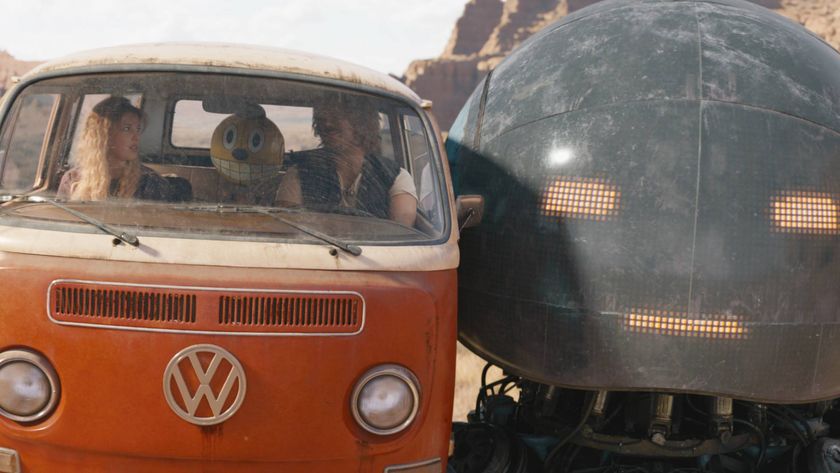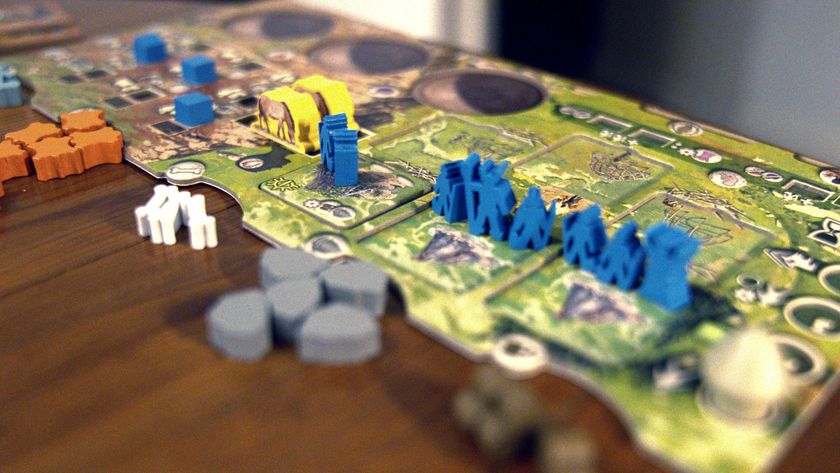12DOVE Verdict
A deep dive into an emotionally resonant, thematically intriguing, and visually striking abyss, Under the Waves' waters are choppy at times, but there's pearls to be found amidst the turbulence of its enthralling ocean.
Pros
- +
Absorbing, alt-historical parable
- +
Smart blend of linear storytelling and freeform exploration
- +
Mesmerizing underwater immersion
Cons
- -
Awkward, unoptimised open world design
- -
Narrative delivery can be inconsistent
Why you can trust 12DOVE
Quantic Dream may not have been directly involved in the development of Under the Waves, but you can certainly see why the studio wanted to support Parallel Studio in publishing it. A compelling, slow-burn plot steeped in not-so-subtle social commentary and plenty of writerly navel-gazing, it has many of the hallmarks of a David Cage production, albeit on a leaner budget, and unburdened by the pressures of living up to the PlayStation hype machine.
Release date: August 29, 2023
Platform(s): PC, PS5, PS4, Xbox Series X, Xbox One
Developer: Parallel Studios
Publisher: Quantic Dream
But to confuse Parallel's fourth title for just a slightly wetter Heavy Rain would be to do it something of a disservice. While its emotional story certainly remains the centerpiece around which everything else is hung, Under the Waves offers a welcoming degree of freedom and control over how you want to experience it, stretched out across a beautifully rendered deep sea abyss that can be explored almost entirely on your own terms.
The result is an unexpected mix of interactive narrative and open world exploration, albeit with a slightly awkward dash of survival-crafting thrown in for good measure. Those ingredients don't always work perfectly together, but the sum of Under the Waves' parts ultimately makes for a rich and heady cocktail that's well worth drinking down.
20000 leaks under the sea

Under the Waves' influences are numerous, both in its story, which draws heavily from films such as Moon and 2001: A Space Odyssey, and gameplay, aspects of which echo the likes of Firewatch and Subnautica. There's even a touch of Wes Anderson's The Life Aquatic in its '70's retrofuturist milieu, with many of the game's underwater structures drenched in neon tinctures and tactile, analogue tech.
For professional diver Stanley, your isolated adventures beneath the Atlantic ocean aren't just another opportunity to make a quick buck, though his employer, deep sea mining company UniTrench, certainly seems to see it that way. Instead, this patch of seabed is his escape; a retreat from an unspoken past tragedy that eventually comes to light (if you haven't already guessed it within the first hour), and returns to haunt him during his weeks-long posting at the bottom of the ocean.
This meditation on grief is the beating heart of Under the Waves story, and it's handled well for the most part, largely thanks to a strong performance put in by actor Ben Lambert as Stan. Whether trying to stay afloat in his own delirium, or making strained small talk with his Unitrench handler over the radio, Stan remains a consistent anchor of humanity in Under the Waves' lonesome excursions across the waters. It's a little on the nose in parts (we get it, the ocean is a metaphor for the all-subsuming power of grief), and not all of the dialogue feels entirely authentic, but these are small spots of turbulence in an otherwise compelling character study.

Furnishing this central narrative is the mystery surrounding the true nature of UniTrench's work, and Stan's role within it, but it's here where Parallel's writing starts to lose its footing. Under the Waves certainly has things it wants to say about the devastating impact of corporate greed on ocean life, but struggles to find the most effective means to do so. At times, it opts for corporate satire, with Stan's robot companion Merc often found cheerily spouting union-busting propaganda, or explaining that UniTrench records their employees' every spoken word for the sake of "privacy and freedom". This kind of parody is a perfectly effective vehicle for subtextual commentary, of course, but its impact here is often diluted in the tonal whiplash of Under The Waves's competing genre shifts, particularly in its gestures towards full-blown docu-drama territory.
This is partly explained by the fact that Parallel Studio has partnered with environmental NGO Surfrider Foundation to consult on its depiction of marine life, and the organization even features directly as a part of the story itself, alongside plenty of facts about ocean pollution, underwater ecosystems, and the marine conservation effort. It's an admirable and worthy attempt to shine a spotlight on the vital work of environmental organizations such as Surfrider's but, again, those worthy intentions are too often undermined in the delivery.
Many of these facts, for example, are communicated via Stan's own personal diary logs, where he manages to somehow list off hard numbers about habitat loss and microplastics from memory, acting less like the character of his own story, and more as a vehicle for Parallel's desire to educate the player. It all makes for a feeling of slightly overwritten messaging. Thankfully, Surfrider's contributions aren't wasted entirely, as Under the Waves is far more poignant and powerful as a champion for marine conservation when it stops talking, and simply lets the ocean speak for itself.
Sea life centered

Under the Waves' playspace of open waters is stunningly beautiful and insidiously terrifying all at once. Parallel's bespoke visual style, which gives almost every asset a gorgeous, hand-molded quality, lends a fitting surrealism to Stan's existence beneath the sea, while the game's atmospheric music and soundscapes powerfully invoke the ambient serenity (or profound existentialism) of what it's like to be deep underwater. You're not going to find an ocean as abundant with life as, say, Subnautica's alien tides, but that's kind of the point. UniTrench's heavy industrial presence, signposted by the giant sprawls of oil pipelines, steel structures, and fleet of remote controlled drones, makes Stan's sightings of turtles, sharks, and other fauna feel all the more precious to discover.
I particularly enjoyed the cyclical structure that Parallel Studios puts in place to allow players to explore its small, but sizable open world, too. Stan awakes each day, boots up his mission log to check in on daily tasks, and you're then usually free to tackle them in any order you choose, or go off track to find collectables such as treasures to decorate his homebase, or blueprints to craft new items and upgrades. All of these missions progress or enrich the story in meaningful ways, too, cultivating a nice balance between narrative pacing and player agency within a compelling gameplay loop.
This loop isn't without its rough edges, however. I may not have seen any marine insects in my subaquatic adventures, but I did run into plenty of other bugs. From sea lions clipping through the walls of my home base, a submarine that would often not let me leave without a full game reset, missions that wouldn't recognise when I had completed them, multiple save data corruption notifications (that were thankfully false but still irksome), to outright hard crashes, Under The Waves is not exactly a well oiled ship.
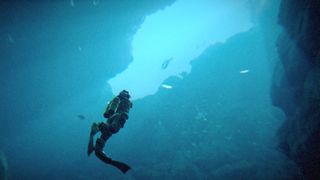
On top of these glitches, there are also a handful of strange design decisions that feed into a picture of a game that may have needed a bit more development time. Why, for example, does the map not tick off a blueprint that I've already discovered, leaving me to try and remember which icons I've already visited versus the ones still to be found? Why do the controls for guiding Sam through the water invert the button mapping used for piloting his submarine, Moon, causing confusion every time you exit or enter the vehicle? Why is there an abundance of crafting blueprints to find when I barely ever felt the need to craft anything in order to progress? It's tensions such as these that can break the spell of Under the Waves' evocative underwater illusion, and while they never ruined my experience entirely, I would be remiss if I didn't admit that they would quite often get in the way.
Despite these pain points, however, Under the Waves should be commended for treading delicate waters with deftness and delicacy, charting an emotionally resonant and thematically intriguing tale that keeps you guessing, and emotionally invested, right up until its powerful final moments. It flounders in its messaging here and there, and the game's impressive open world is definitely in need of a few optimization patches, but you have to admire the ambition of Parallel's efforts here, going for the high dive, and just about nailing the landing with only a few spots of splashback to diminish the impact.
Disclaimer
Under the Waves was reviewed on PS5, with code provided by the publisher.
More info
| Genre | Survival |
I'm GamesRadar's Features Writer, which makes me responsible for gracing the internet with as many of my words as possible, including reviews, previews, interviews, and more. Lucky internet!
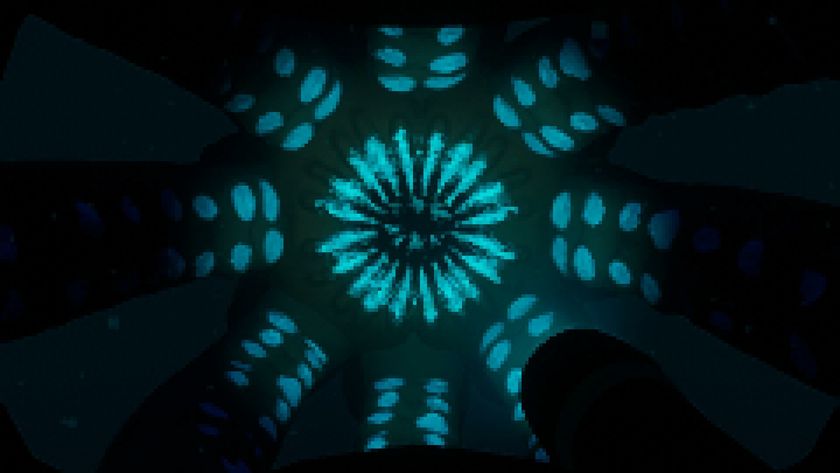

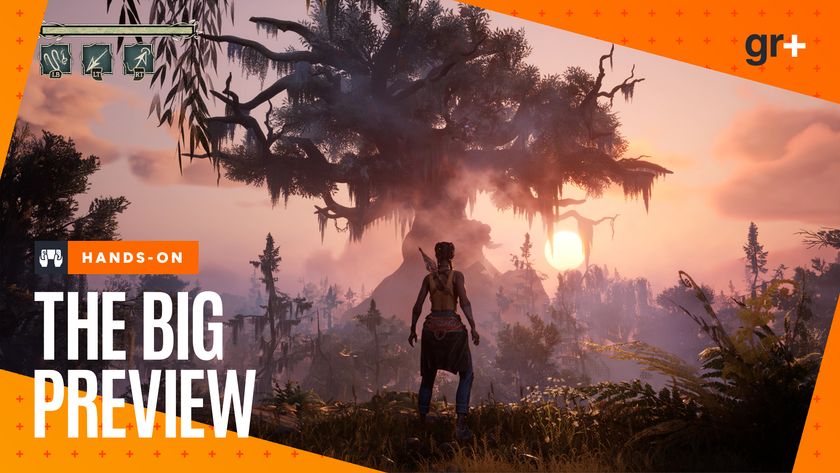
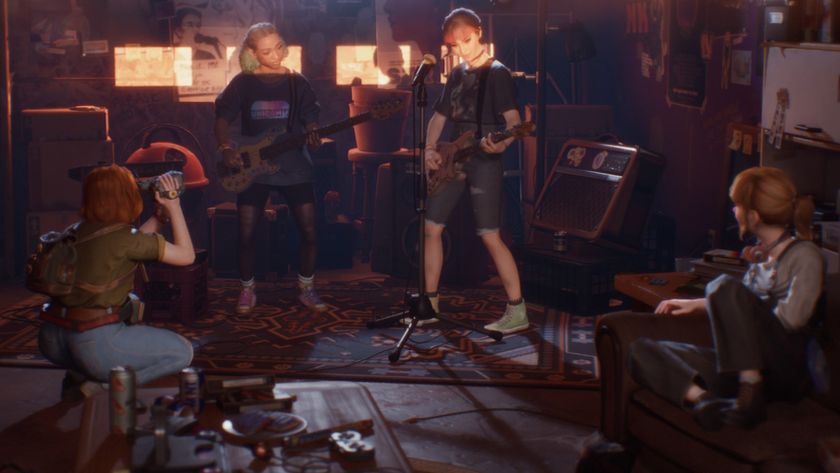
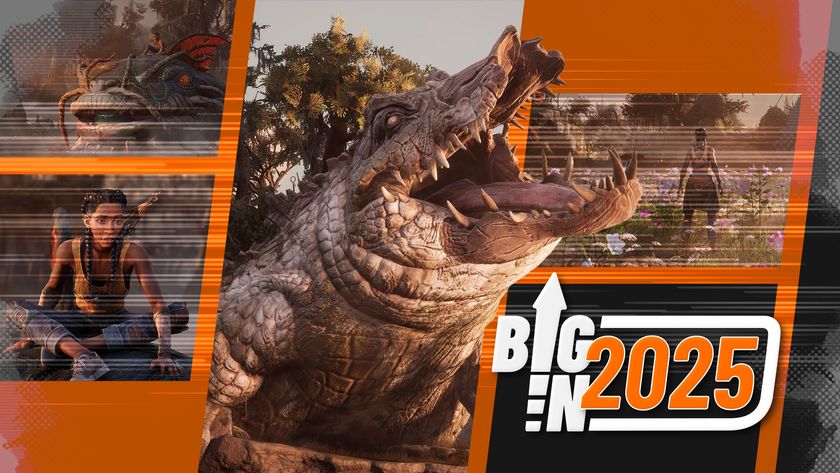
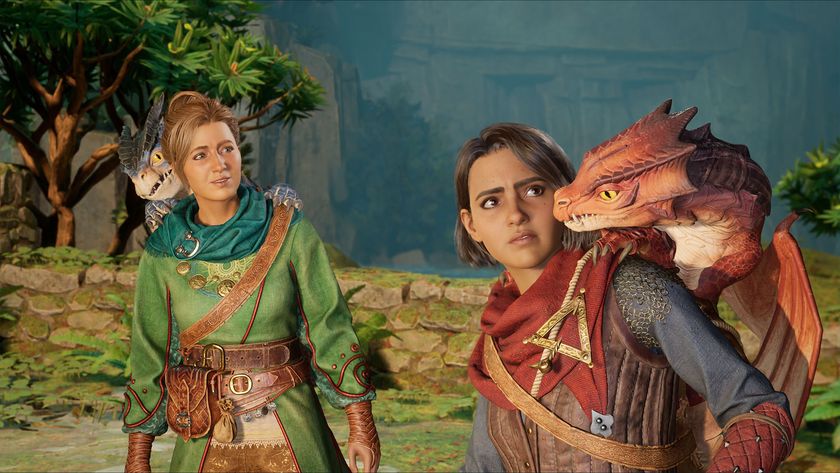


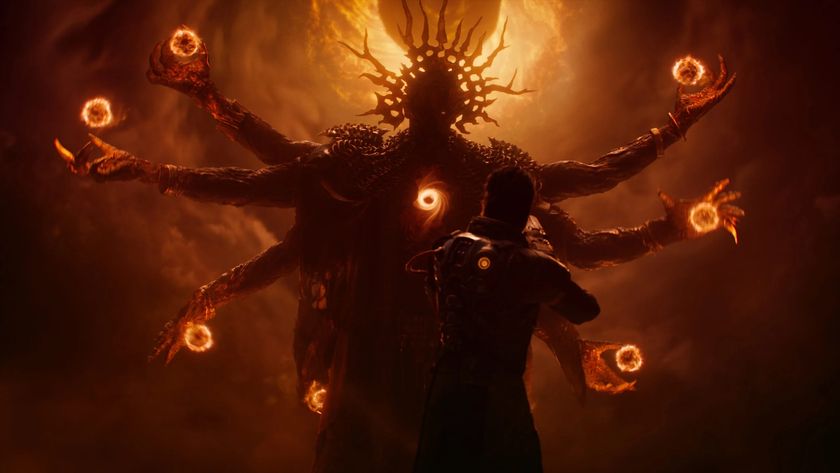




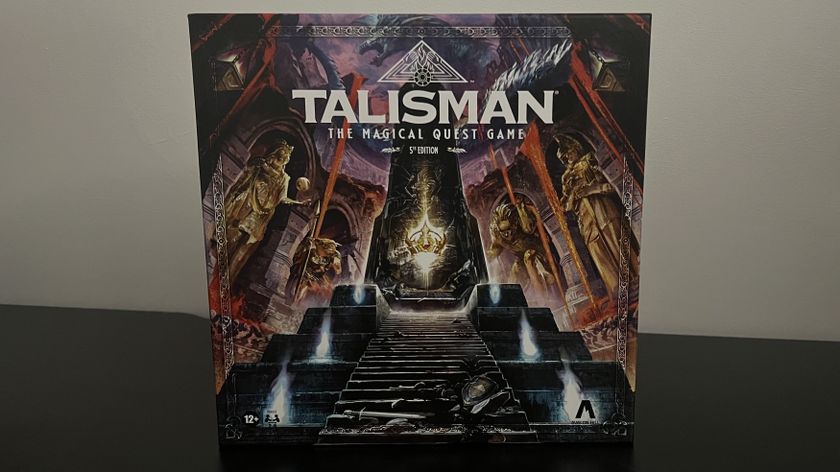

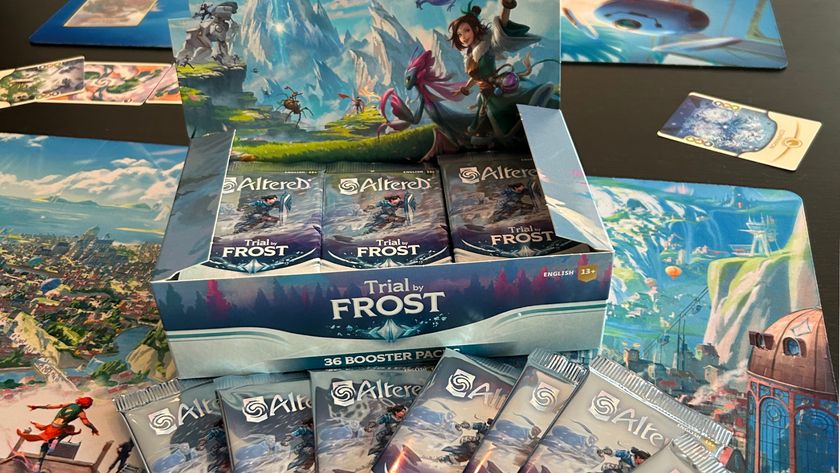
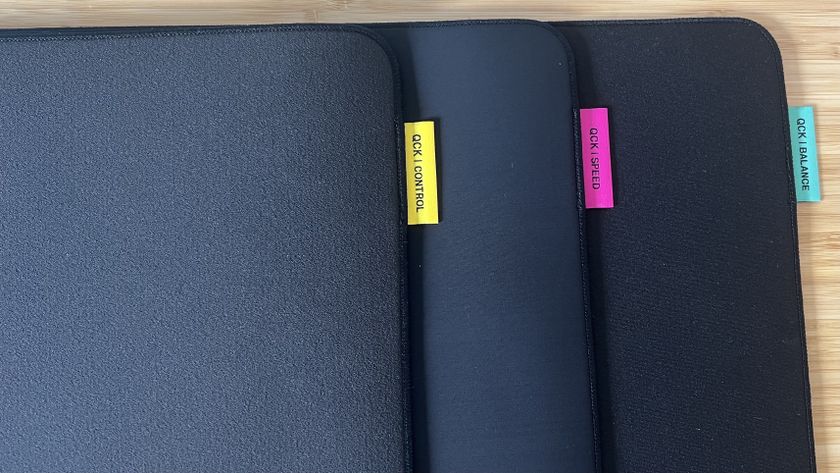
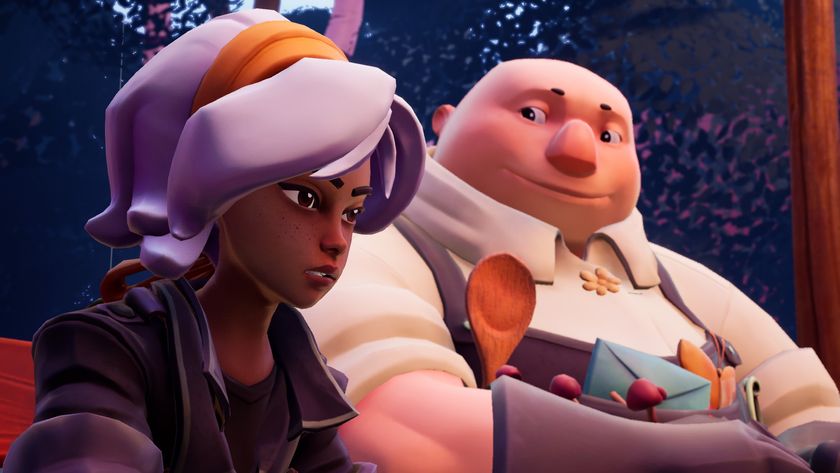
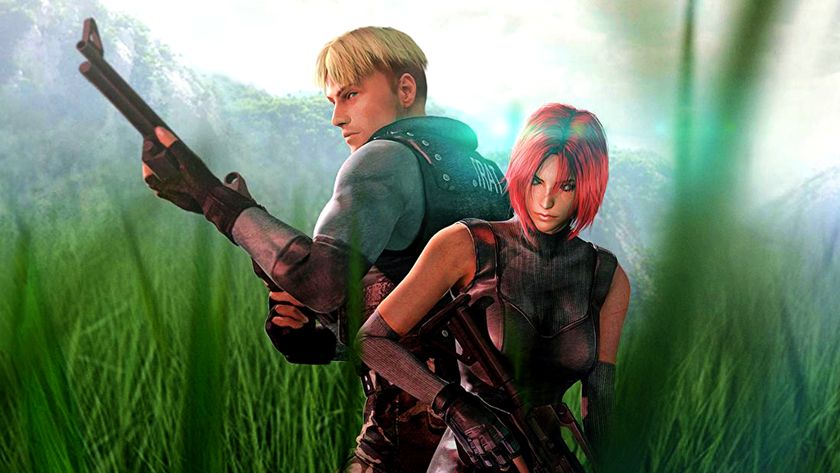
Dino Crisis gets a fresh trademark filing by Capcom, but it might not mean the 26-year-old survival horror franchise will get a new installment like fans expect
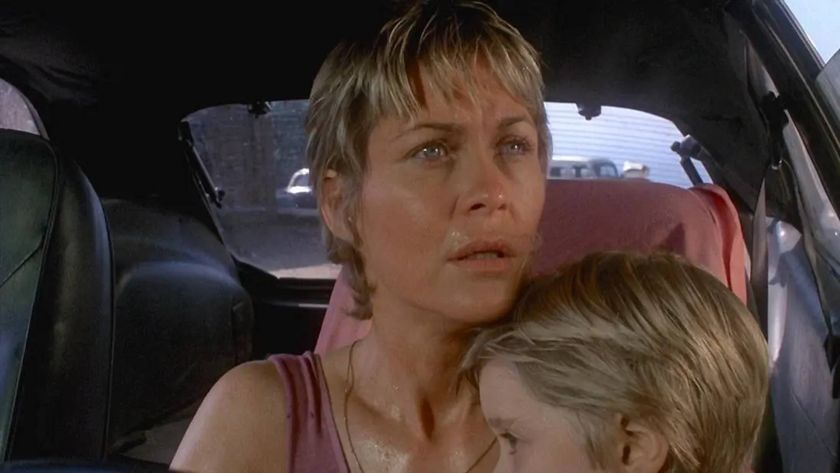
Netflix is making a brand new adaptation of Cujo, the infamous Stephen King book about a killer dog
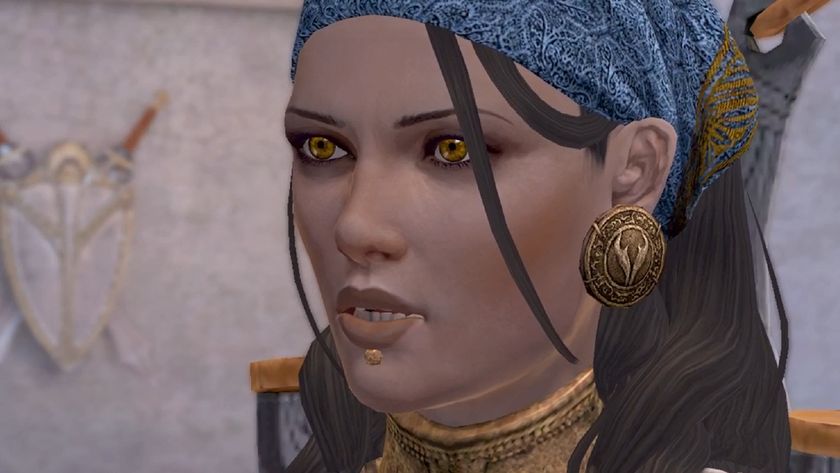
Veteran Dragon Age dev says one big delay is better than several small ones: "You are laying band-aid on top of band-aid on top of band-aid"
